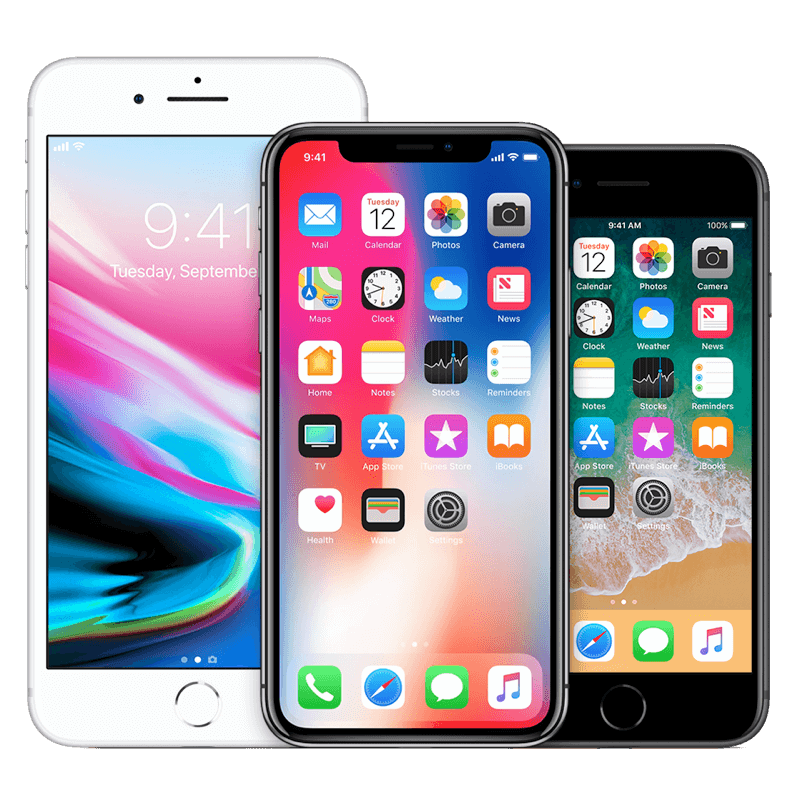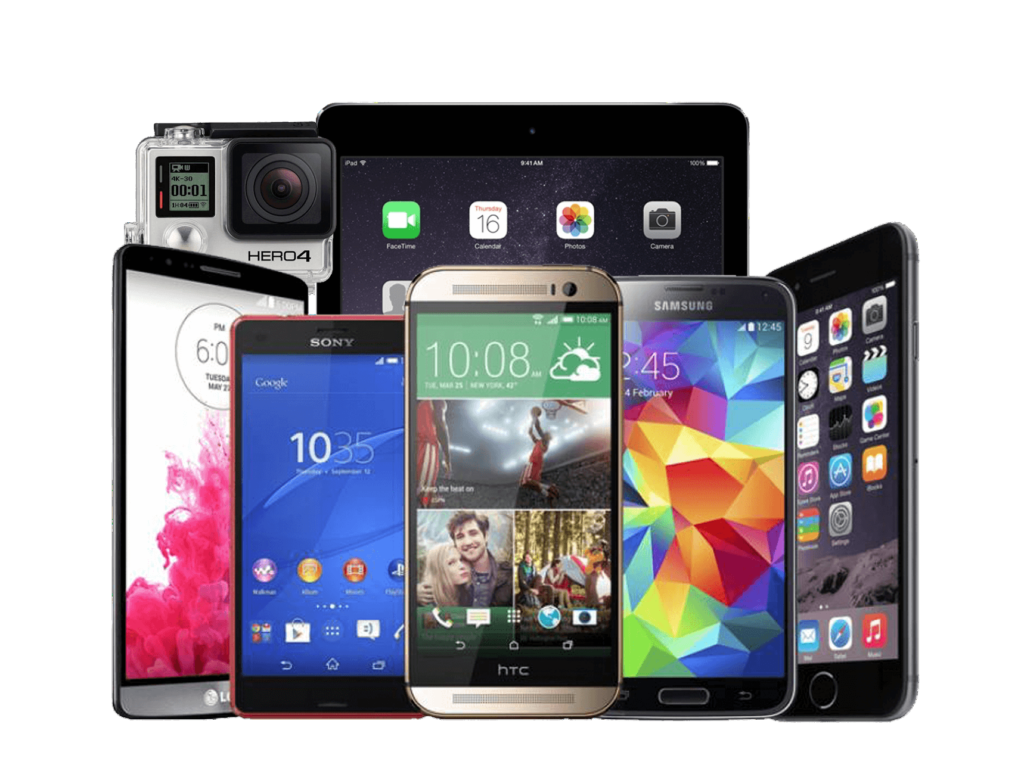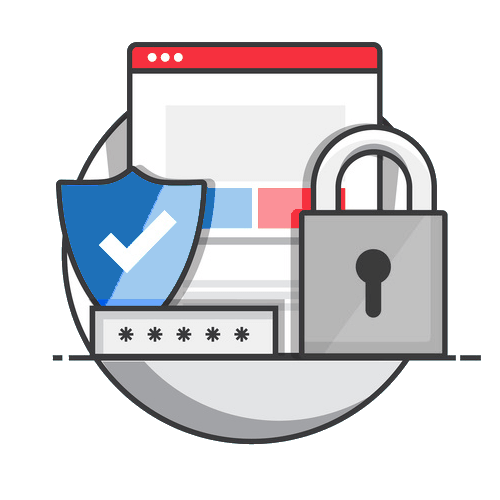Introduction
In today’s hyper-connected world, our cellphones are our lifelines, storing sensitive information and enabling communication with loved ones and colleagues. But with convenience comes vulnerability. Hackers and cybercriminals are constantly on the prowl, seeking ways to infiltrate our digital lives. This blog post will empower you with DIY tips to safeguard your cellphone, ensuring secure calls and texts.
Understanding the Cellphone Hacking Threat
Cellphone hacking is a real and growing threat. From malicious software to phishing attacks, the risks are numerous. Recent statistics show a surge in cyberattacks targeting mobile devices. The consequences of a security breach can be severe, ranging from personal data theft to financial loss and identity theft.
Before we dive into the practical tips, let’s understand the threat landscape. Cellphone hacking is on the rise, with malicious actors constantly developing new tactics. From intercepting calls and texts to stealing personal information, the stakes are high. Here’s a snapshot of the risks:
- Call Interception: Cellphone Hackers for hire can eavesdrop on your calls, potentially compromising sensitive conversations.
- Text Message Exploitation: Your text messages may contain personal information, and hackers can exploit this data.
- Data Theft: Hackers may aim to steal your contacts, photos, or other personal data
Core Principles of Cellphone Security
Before delving into device-specific tips, let’s establish some fundamental principles of cellphone security:
- Strong Passwords and Authentication
The first line of defense is a strong password or PIN. Ensure it’s not easily guessable and use biometric authentication methods like fingerprint or facial recognition when available. - Regular Software Updates
Keep your cellphone’s operating system and apps up to date. These updates often contain critical security patches to patch vulnerabilities. - Two-Factor Authentication (2FA)
Enable 2FA wherever possible to add an extra layer of security.
iPhone Security Tips >>>

If you’re an iPhone user, here are some specific security recommendations:
1. Face ID and Touch ID
Use Face ID or Touch ID for added security when unlocking your device or authorizing payments.
2. Find My iPhone
Enable „Find My iPhone“ to track and remotely erase your device in case of loss or theft.
3. Screen Time
Use Screen Time for parental controls and to monitor app usage.
Android users can enhance their security with these tips:
1. Google Play Protect: Enable this built-in feature to scan apps for malware.
2. Device Encryption: Encrypt your device to protect your data.
3. Google Account Security: Ensure your Google account is secured with a strong password and 2FA.
4. App Permissions: Review and manage app permissions to limit access to sensitive data.
<<< Android Security Tips

Secure Communication: Calls and Texts

Secure communication is vital in an age of digital eavesdropping. Consider these measures:
1. End-to-End Encryption: Use apps like Signal or WhatsApp for encrypted calls and texts.
2. Virtual Private Network (VPN): Use a VPN to protect your internet connection when using public Wi-Fi networks.
3. Beware of Phishing: Avoid clicking on suspicious links in texts or emails.
4. Avoid Public Wi-Fi: Refrain from using unsecured public Wi-Fi networks for sensitive activities.
DIY Security Measures for All Cellphones
Whether you use an iPhone or Android device, these general security measures apply.These are security basics that every cellphone user, regardless of the device they own, should follow:
1. Two-Factor Authentication (2FA)
Enable 2FA for your accounts, adding an extra layer of security beyond passwords.
2. App Permissions
Review and manage app permissions regularly. Only grant necessary access to your data.
3. Software Updates
Set your device to automatically install software updates to stay protected against the latest threats.
4. Data Backup
Regularly back up your data to prevent data loss in case of a security breach.
Conclusion
In a world where our cellphones are digital lifelines, security is paramount. By following these DIY tips for secure calls and texts, you can take significant steps towards hacker-proofing your cellphone. Remember, your security is in your hands—stay vigilant and prioritize cybersecurity in an increasingly connected world.

